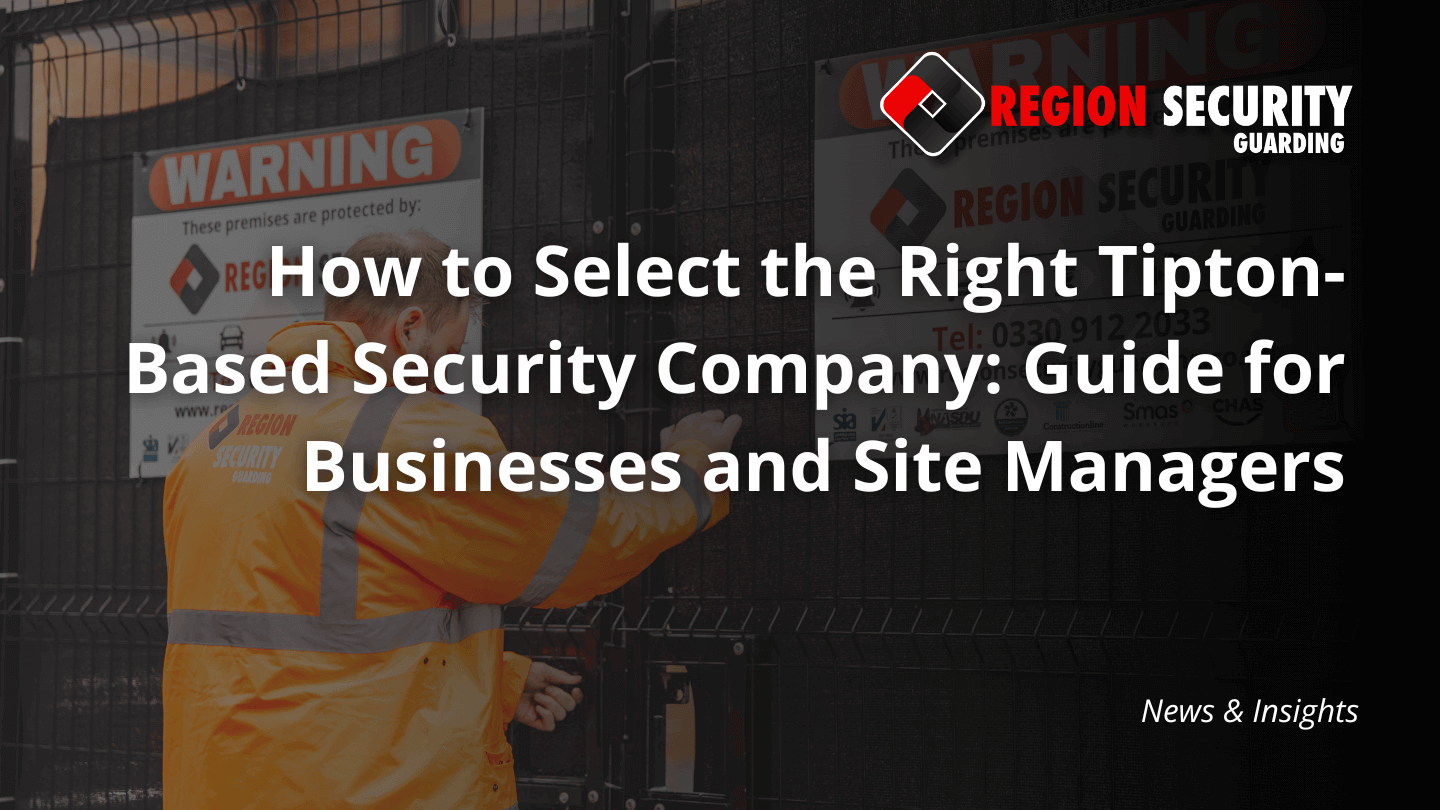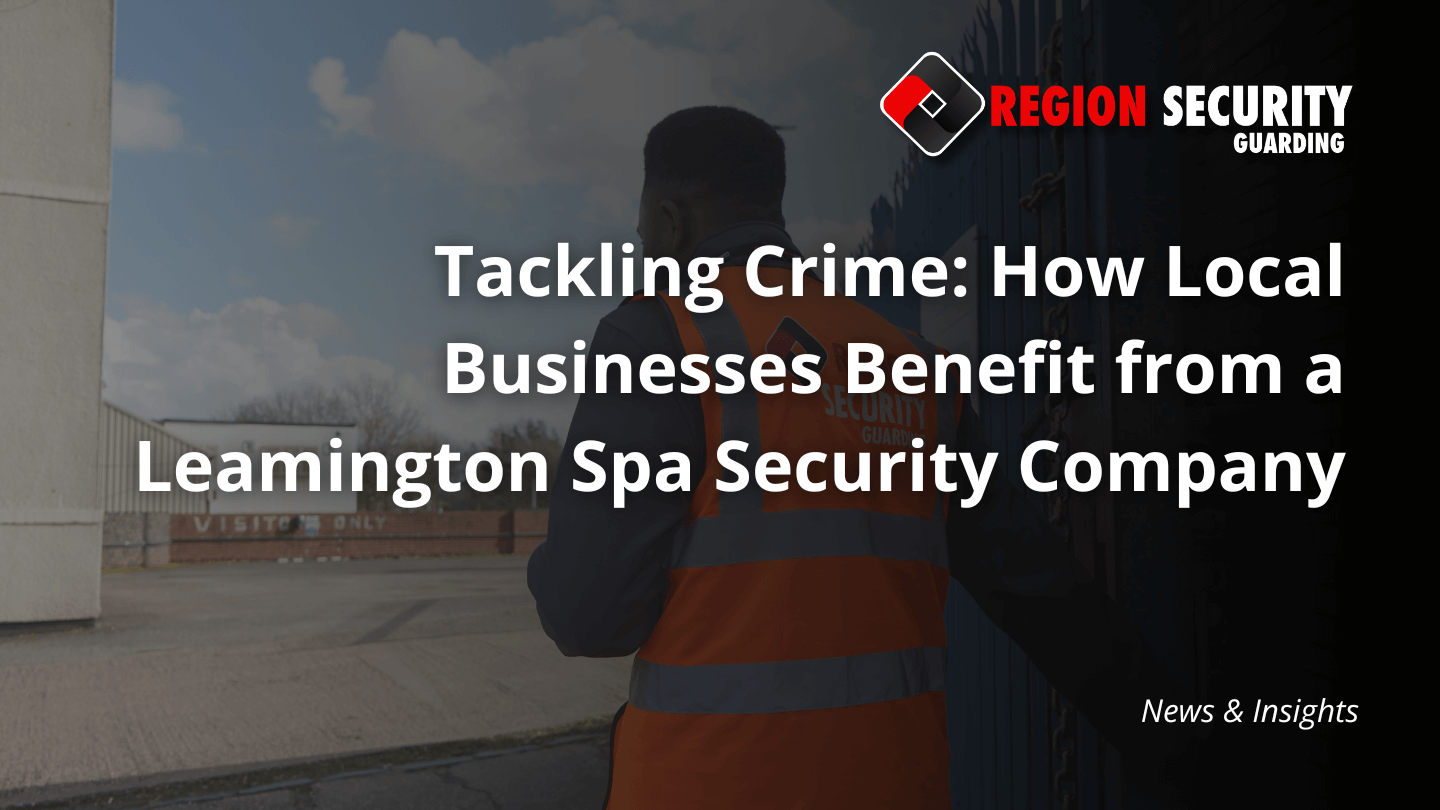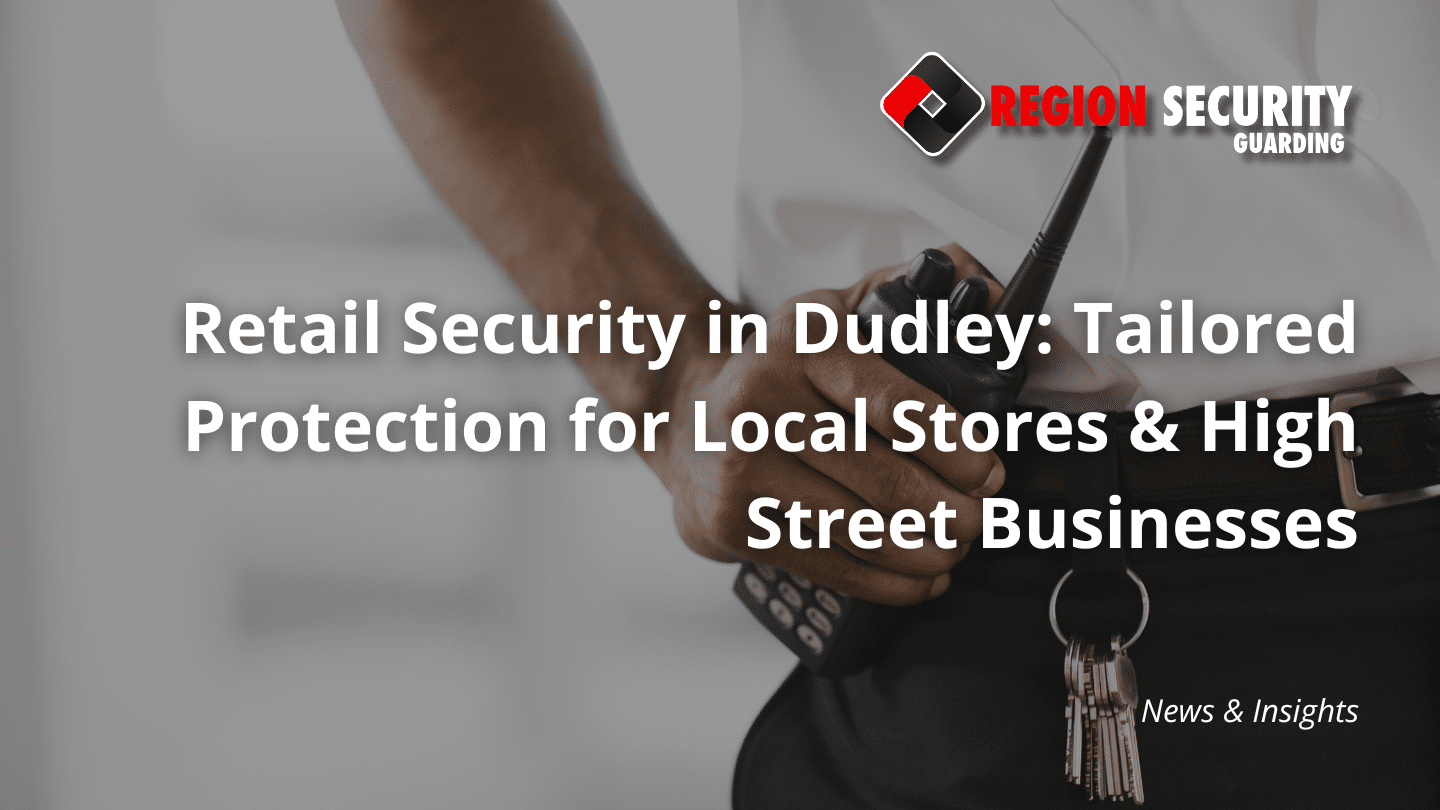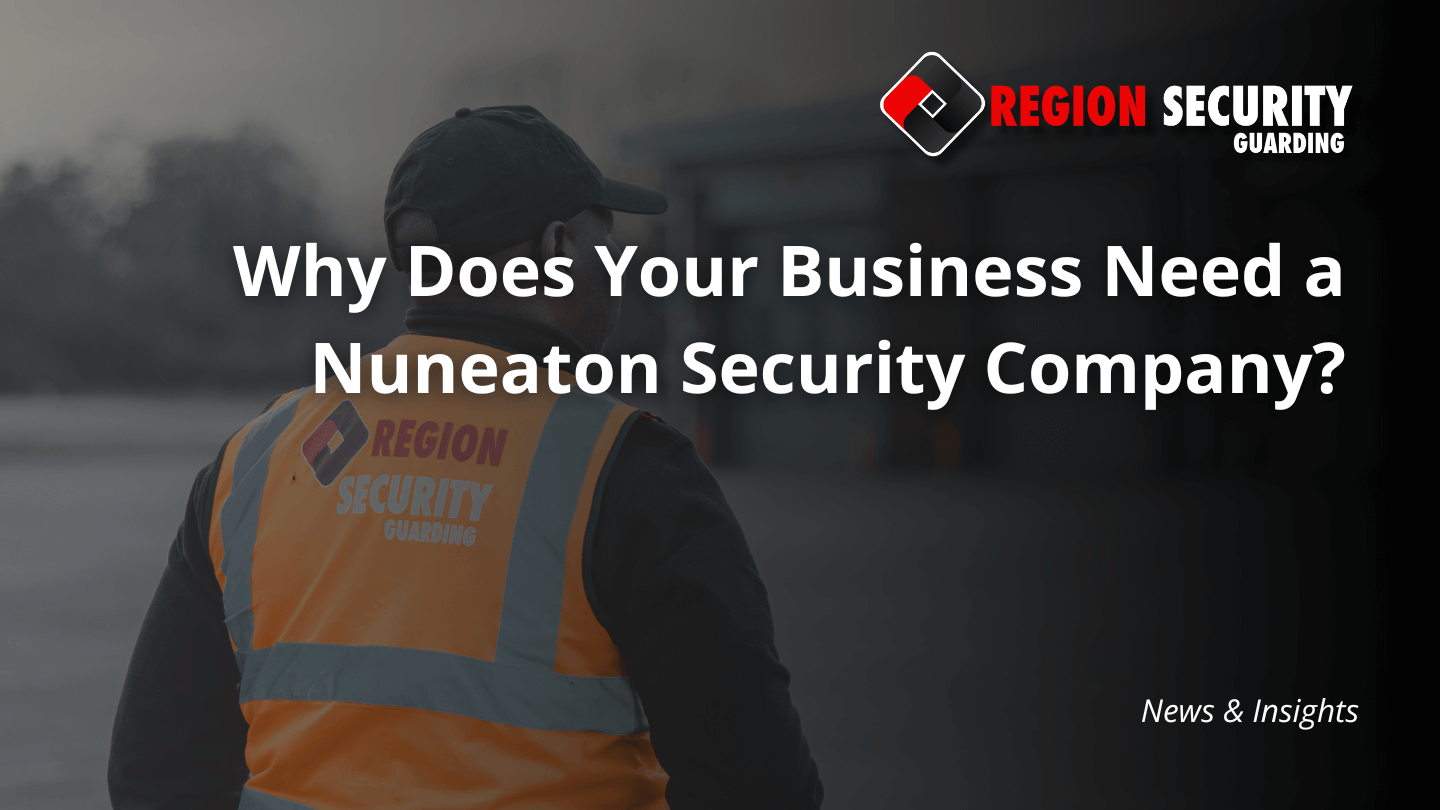As of the second quarter of 2023, the United Kingdom has approximately 160,100 security guards, according to Statista. This number continues to grow, as many individuals are pursuing careers in the private security sector. However, before beginning work as a security guard, candidates must undergo comprehensive training and obtain a certified SIA (Security Industry Authority) licence.
But what exactly is the SIA and their aims?
The Security Industry Authority is an “executive non-departmental public body, sponsored by the Home Office”. Its core responsibility is to oversee the licencing and regulation of the private security sector, ensuring professionalism and compliance within the industry.
In this article, we will explore the three main aims of the SIA and discuss why they are crucial to the private security sector.
An Overview Of The Three Main Aims Of The SIA
According to UK legislation, the three main aims of the SIA are:
- To conduct inspections within the private security industry
- To set and approve standards of conduct, training, and supervision within the industry
- To make recommendations in order to improve standards within the private security industry.
Now that we know more about what the SIA is, we’ll begin to explore its three main aims starting with the organisation’s aim to conduct inspections in the private security industry.
Table of Contents

Inspections Within The Private Security Industry
Having established what the Security Industry Authority (SIA) is, we can now delve into its three main aims, beginning with its role in conducting inspections within the private security sector.
The SIA is empowered to enforce regulations and prosecute individuals, businesses, or premises found violating the Private Security Industries Act 2001. Common breaches include:
- Engaging in licensable activities without holding the appropriate licence.
- Falsely claiming to have approved contractor status.
- Providing false statements to the SIA.
Another critical responsibility of the SIA is ensuring that all licence holders possess the correct type of licence for their roles—whether a frontline or non-frontline licence. (If you’re unfamiliar with the difference, check out our detailed article explaining both licence types.)
SIA investigators also have the legal authority to enter premises at reasonable times for inspection purposes. Furthermore, individuals or businesses under investigation are required to provide any documents deemed necessary to aid the investigation.
While the SIA has the power to initiate criminal investigations and pursue prosecution, this is not its preferred approach. Instead, the organisation strives to work collaboratively with those under investigation, helping them meet their legal obligations and avoid further legal action.
Settings And Approving Standards Within The Private Security Industry
The Security Industry Authority (SIA) plays a critical role in ensuring the SIA licence holders and licence trainers uphold high standards of professionalism, responsibility, and ethical conduct.
While the SIA does not directly provide training for security professionals, it regulates the training bodies the do. These training organisations must meet strict criteria and adhere to a standardised curriculum before they are authorised to grant official SIA licence accreditation. This ensures that all licence holders are properly trained and qualified to operate within the private security sector.
If you’re looking to renew your personal SIA licence or simply want to learn more about the licencing process, be sure to check out our detailed guide on renewing your SIA licence.
In addition to overseeing individual licence holders and trainers, the SIA is also responsible for regulating the private security industry as a whole. This comprehensive approach ensures consistency, compliance, and the ongoing professionalisation of the sector.
Improving Standards Within The Private Security Industry
A core aim of the Security Industry Authority (SIA), as they state, is to “raise standards and recognise quality service.” One of the primary ways the SIA achieves this is through the Approved Contractor Scheme (ACS).
The ACS is a voluntary initiative developed collaboratively by the SIA and representatives of the UK private security industry. Its primary objective is to enhance the performance across the sector while fostering opportunities for personal and business growth.
To gain ACS accreditation, companies must meet rigorous standards, including:
- Fit and Proper Management: The SIA evaluates the identity, background, criminal records, and overall integrity of the individuals managing the business, referred to as “controlling minds.”
- Valid Licencing for Directors: All business directors—executive, non-executive, shadows directors, and directors of parent companies or corporate entities—must hold valid SIA licences.
- Licence Security Staff: All employees performing licensable security roles within the organisation must possess a valid SIA licence.
ACS accreditation is highly valued within the private security sector. It serves as a hallmark of quality, providing assurance to clients and buyers that the company adheres to high standards and employs top-tier security professionals.
Many private security companies takes pride in their ACS status, often showcasing their accreditation as a badge of excellence and professionalism.
If you found this article about the three main aims of the SIA helpful, why not stay informed with the latest updates about The SIA by visiting our news page? Alternatively, check out our YouTube video, where a security expert breaks down the different types of security licences in the UK.
Business Security You Can Rely On
Trusted by leading businesses nationwide for reliable, 24/7 protection.
or call 0330 912 2033

We have used Region security for quite a while now. Top notch service, great guards and helpful staff. We love our guards and the team for all of their help / work. No need to try the other companies at all."
Andy Yeomans - Jones Skips Ltd
Great company, professional services, friendly guards and helpful at times when required."
Rob Pell - Site Manager
A professional and reliable service. Always easy to contact and has never let us down with cover. No hesitation in recommending and competitively priced also. After using an unreliable costly company for several years it is a pleasure to do business with Region Security"
Jane Meier - Manager
Region Security were very helpful in providing security for our building. We had overnight security for around 4 months. The guards themselves were professional, easy to reach and adapted very well to our specific needs. Would definitely recommend Region for security needs.
Lambert Smith Hampton
Great service. Reliable and professional and our lovely security guard Hussein was so helpful, friendly but assertive with patients when needed. He quickly became a part of our team and we would love to keep him! Will definitely use this company again
East Trees Health Centre
Fantastic Service from start to finish with helpful, polite accommodating staff, we have used Region Security a few times now and always been happy with what they provide.
Leah Ramsden - Manager




